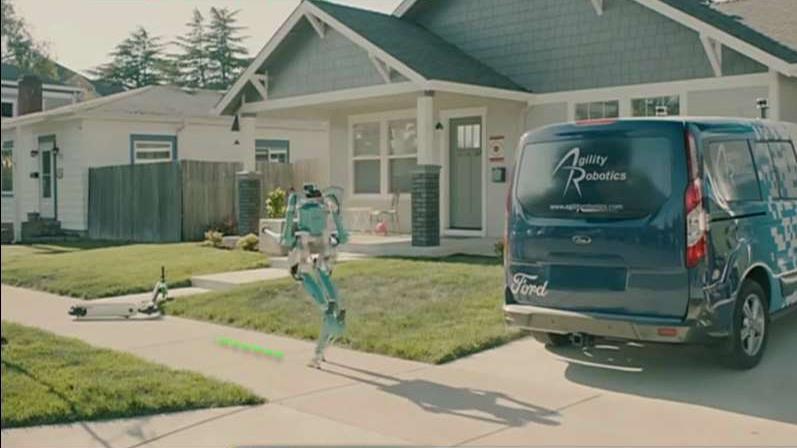Robots could take 20M manufacturing jobs by 2030, report claims
Robots: Good for the economy, bad for people looking for jobs?
Robots could displace an estimated 20 million manufacturing jobs in the world by 2030, according to a report by Oxford Economics released this week. The number of robots in the world has tripled in the last two decades and trends show there will be even more of them made in the next 20 years.
Oxford Economic CEO Adrian Cooper wrote in the report’s forward that although the machinery is good for the economy, it will lead to tens of millions of people losing their jobs.
“The rise of the robots will boost productivity and economic growth. It will lead, too, to the creation of new jobs in yet-to-exist industries, in a process of ‘creative destruction,’” Cooper said. “But existing business models across many sectors will be seriously disrupted.”
“And tens of millions of existing jobs will be lost, with human workers displaced by robots at an increasing rate as robots become steadily more sophisticated,” he continued.
At least 20 million industrial robots are expected to be installed worldwide by 2030, approximately 14 million of which are predicted to be used in China. The report estimated that every new robot built and put in use will displace 1.6 manufacturing workers.
“This great displacement will not be evenly distributed around the world, or within countries,” the report stated. “Our research shows that the negative effects of robotization are disproportionately felt in the lower-income regions of the globe’s major economies—on average, a new robot displaces nearly twice as many jobs in lower-income regions compared with higher-income regions of the same country.”
There are three main reasons why robots are on the rise — cost, capability and consumer demand.
Robots are becoming cheaper to build and maintain than hiring people to do the work. Research found a robot’s unit price fell by 11 percent between 2011 and 2016. Technological improvements have also made the machinery more capable of doing jobs.
“Innovations have made today’s robots smaller, more sensitive to their environments, and more collaborative,” the report stated.
China, in particular, is expected to increase its investment in robots.
“By 2030, if the investment in industrial robots continues to grow at its current trajectory, China will have close to eight million industrial robots in use, as its robot density approaches levels comparable with the average across the European Union."
Although there have been repeated fears that the rise in robots could cause “permanent global job destruction,” the report found that there will be new jobs created as productivity increases.
CLICK HERE TO GET THE FOX BUSINESS APP
"The value created by robots across the economy more than offsets their disruptive impact on employment. Manufacturers automate their production processes to boost productivity," the report said.




















